If you are active and immediately available, does that make you more or less valuable as a candidate?
Like so many things in managing your career, managing the perception of your availability, desirability, keenness, and selectivity is a balancing act.
- The more you make it obvious that you desire something, something that is of high value to you, that new role for example, paradoxically the less desirable, or lower value, you may become, and vice versa.
- The Scarcity Effect tells us that hiring decision makers are more interested in pursuing rare things because, in their minds, they have a higher value. So highly available things may be perceived as of less comparative value.
- Some research reveals that if you show less interest, “playing hard to get”, demonstrating high selectivity, could lead a potential hiring decision maker to desire you more. Subsequently they may put in more effort to win you over, for example during offer management and negotiation. But too fussy, too “hard to get”, can be read as lack of interest, and can get the decision maker to defensively back out, to avoid fear of failure, should you not move forward.
Recruiters and hiring decision makers love candidates who are clear on what they want, or don’t want, and their motives for considering a new role. There is a myriad of reasons why people may be seeking a new job; higher pay, more responsibility, more flexible working hours, better working environment, promotion prospects or bigger growth markets, for example, but they are reasons to consider a move, and without them being met they just wouldn’t move.
You have to be absolutely clear on your selection criteria for a new role especially what does this new role have to have to make it better than your existing role. If you don’t know, you can waste a lot of time and energy on roles that you are unlikely to say yes to and waste the recruiter’s time (which might ruin that relationship). The recruiter may work harder on your behalf because of the clarity of your selection criteria.
“If you don’t know what you are looking for, you may not find it, and you certainly wouldn’t be able to articulate it to those who could help you.”
If you are not currently working, however, the advantages are that you are immediately available, therefore there is minimal lag time to hire. But from a recruiter’s perspective, advertising being immediately available can send up a number of red flags.
- If they are that great, why are they still on the market?
- If they are so openly marketing themselves, they will be applying everywhere and what are our chances of securing them?
- Do they really want us, or will they just take anything being desperate?
- Would we just be a holding position while they continue to look for something else, that they really want?
Any of these concerns are valid, to some extent, especially if you are marketing your self openly as unemployed and immediately available.
You should prepare for their concerns and meet them head on. One, or a combination, of the below could help:
- Fill the gap; be undertaking a project, supporting a friend on a new business project, re-modelling, self-development, or other things that could indicate that you have not been full time job hunting unsuccessfully. Consider setting up you own business; it doesn’t have to be super successful but will indicate how you have been using your time.
- Use phrases like exploring options, rather than job-hunting, as if you are being selective. Also, that this next more is super important for your career plan, you don’t want to get it wrong.
- Give them confidence that you are truly interested as a longer-term employee; talk about the future, 5-year goals, 3-year development and career plans.
- Never get drawn immediately into the salary, as if that is your primary reason for wanting a job; that indicates financial stress.
When considering a move, you need to ask yourself, even if you are not actively looking, “what am I looking for and what exactly would it take for me to move and to what, and how do I get that across positively to the hiring decision makers.” Too many potential candidates go to market, or engage with recruiters, without being clear
“Anticipate that recruiters might be skeptical of your intentions, and work to settle their concerns.”
Simon Crockett
Founder and Head Coach
To find out more email [email protected]



